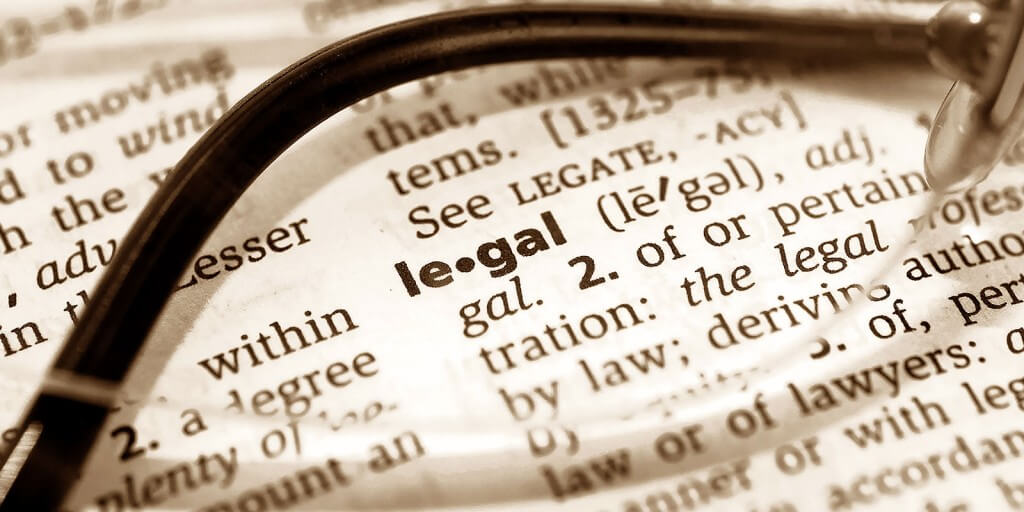
Evan Stents
RECENT press reports accusing car dealers of acting illegally by trying to gag car owners by getting them to sign non-disclosure agreements (NDAs) when settling disputes were wide of the mark and just plain wrong, according to a prominent automotive law firm.
The articles – especially in NSW – were saying that car owners were being gagged by being forced to sign NDAs in order to get a settlement. The articles went as far to suggest that insisting on an NDA as part of the settlement could be illegal.
However, Evan Stents, a partner in the law firm HWL Ebsworth who specialise in the automotive industry, told GoAutoNews Premium “it is perfectly legitimate to have a non disclosure agreement as part of a settlement where no finding of fact by a court has been made.
“Dealers should not be afraid to sign people up to an NDA if they are giving a consumer some sort of benefit by way of a settlement where nothing has been admitted.”
He said if a dealer has decided to honor some sort of claim, an out-of-warranty claim for example, because of his goodwill towards his customer and where no court made an order, he is entitled to say to the customer: ‘I will pay this to you provided you don’t tell anyone about it’.
Mr Stents said: “There is nothing improper about doing that because the dealer is not making any admission of liability. As a matter of law it should not be inferred that someone who is making a goodwill compensatory gesture is complicit in wrongdoing.
“So, on that basis, you want a non-disclosure agreement because you don’t want them telling the world that they made this claim and got payment; the inference being that they (dealers) were guilty and they should have paid.”
Mr Stents said that dealers were “very commercial and they value customer loyalty”.
“Brand protection is very important so dealers will bend over backwards to help their customers, often without the support of their factory, and in trying to do the right thing they don’t want to open up the floodgates in relation to these sorts of claims.
“If dealers are going to give a benefit in order the keep a customer happy, and there has been no admission of fault or finding of fault, they are perfectly entitled to ensure that is not for public consumption because people then draw all sorts of inferences.
“NDAs are a legitimate thing and are done in all commercial cases yet somehow dealers are criticised if they engage in that conduct (insisting on an NDA).
“Dealers should not feel intimidated by customers who claim they should not have to sign an NDA. It is all well and good saying they (claimants) don’t want to sign an NDA when they have been given the benefit of getting a payment without having to go to court,” he said.
“The other point is that people don’t often realise that in the dealers’ agreements there will be a clause in there somewhere that they are not entitled to admit any claims without the authority of the car company. So dealers are probably contractually obliged not to admit anything anyway.
“The NDA would bundle all that in there that there is no admission,” he said.

Statement by HWL Ebsworth

Recent press commentary has caused concern about the legality of confidentiality or non-disclosure agreements (“NDA”) between car manufacturers, distributors or dealers and their customers with respect to settlements of claims made by customers.
It is alleged that customers are being gagged by the use of these NDA’s as a condition of obtaining remedies they are entitled to under the consumer guarantee provisions of the Australian Consumer Law (“ACL”) and that these actions may be illegal at worst or the NDA’s void.
The point being missed is that consumers still need to prove breach of the consumer guarantees under the ACL before they are entitled to the remedies. Similarly with warranty claims it must be determined whether a claim is one which is covered by the relevant warranty terms.
In the absence of a determination by the relevant tribunal or a court that a consumer guarantee has been breached, the manufacturer, distributor or dealer (“supplier”) may upon a claim being made by a customer alleging such a breach and upon investigating the matter decide to accept the claim and repair or replace the vehicle or offer the customer a refund as may be appropriate. In certain circumstances it may also be decided to accept a warranty claim where the legitimacy of such a claim falling under the warranty terms is not clear cut.
In those circumstances a properly drafted NDA can be used. The supplier is offering to the consumer a remedy without the need for the consumer to be put to proof or obtain a determination by a court or tribunal. The supplier has therefore given something to the customer in addition to just complying with its statutory obligations. Such compensation and settlement by the supplier would be good consideration for non-disclosure to be agreed to by the customer.
NDAs can also be entered into when a manufacturer, distributor or dealer is proven to be in breach of a consumer guarantee or warranty. However when a breach has been proven, the customer must be given something in consideration for entering an NDA beyond what they are entitled to as relief for the breach.
It is not uncommon for confidentiality provisions to be included in terms of settlement in court proceedings. In fact many court proceedings are settled because one or more of the parties wishes to avoid disclosure of information for a number of reasons. Typically also a release is obtained from the party making the claim and sometimes there are mutual releases so that parties cannot bring further claims against the other for the same cause of action which founded the original claim.
NDA’s and releases or even terms of settlement cannot be used to exclude or limit customers’ statutory rights or remedies stipulated by the ACL or other legislation, so it is important that these are drafted correctly. For example if there is an agreement to repair a vehicle as a result of a claim by a customer, the NDA or release which may be entered into cannot restrain the customer from bringing a further claim if those repairs are not properly undertaken or do not rectify the problem leading to the original claim.
Suppliers should be careful to ensure that in negotiating an NDA or release, they do not misrepresent the situation or exert undue influence on the customer. The effectiveness of the release and NDA will depend on whether its terms and its limits have clearly been explained to the customer and where there is any doubt as to the customer’s ability to understand what he or she is being asked to sign, it is advised that the customer be given the opportunity to obtain his/her own independent legal advice and that a provision to this effect be included in the document.
By John Mellor













 Read More: Related articles
Read More: Related articles

